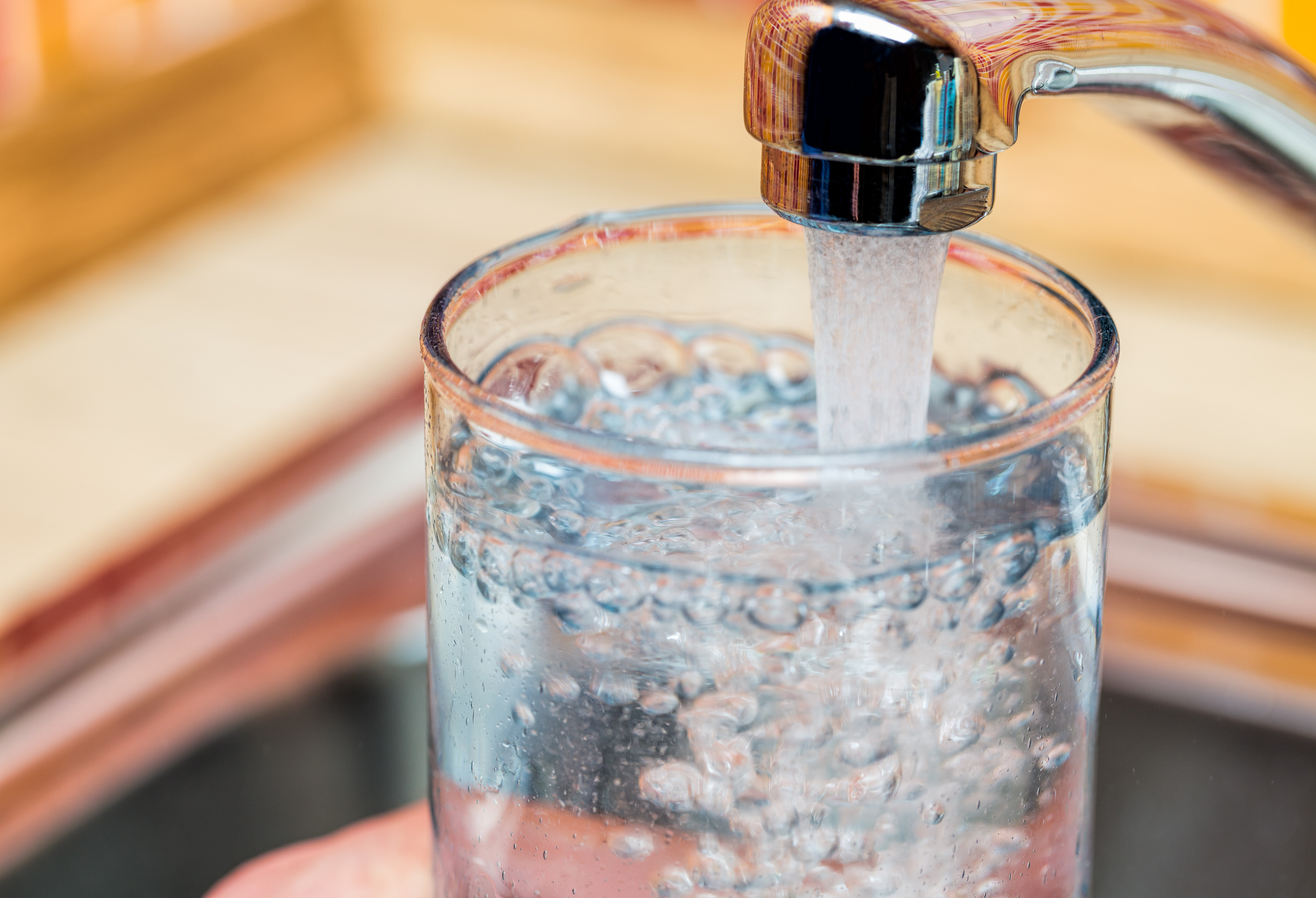Light Can Evaporate Water Without Heat, New Study Claims
Light can evaporate water. At least that seems to be the case, according to a new study published in the journal Proceedings of the National Academy of Sciences. The new study posits that light can cause the evaporation of water even without extra heat.
Researchers uncovered the unexpected evaporation method while completing experiments where water was confined within a hydrogel. Despite not having the thermal energy to account for evaporation, the researchers saw a high evaporation rate, which was two or three times the theoretical maximum.
This led the researchers to discover that light can also power evaporation by interacting with the water's surface and initiating evaporation. It doesn't require heat, and while the experiments included hydrogel, the researchers say that this phenomenon could extend to other scenarios, too.

But what exactly does this mean? The implications here are vast. For starters, researchers say that this kind of light-driven evaporation could help create better options for desalination, a process that relies on evaporating water to remove salt from it. That water then eventually turns back into condensation, creating clean water that can be drank.
Armed with this newfound knowledge, the researchers will undoubtedly want to learn more about how light drives water to evaporate without additional thermal heating. As I noted, the implications for how this could be utilized going forward are pretty vast, leaving a lot of room for it to be incorporated into different areas of our lives.
From the aforementioned desalination efforts to drying processes and even a possible new approach to solar cooling, being able to use and understand light-driven evaporation could be game-changing for scientists moving forward, especially since it could completely change our current climate change models as those haven't been based on light-driven evaporation at this point.
Ultimately, we're still a few years off from any of this, but it still leaves some interesting prospects out there for scientists to dig into.
